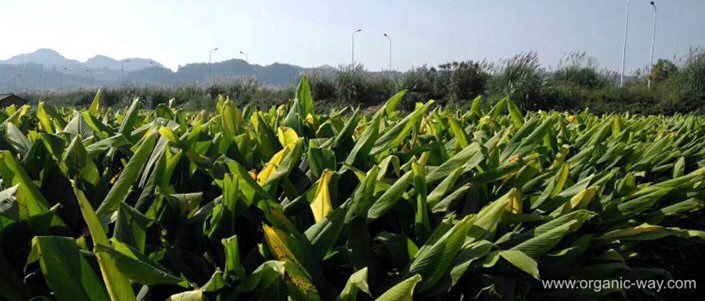Table of Contents
Organic glucose syrup is a sweetener derived from organic sources such as corn, rice, wheat, and potatoes. It is widely used in various industries such as food and beverage, pharmaceuticals, and cosmetics. Organic glucose syrup has several advantages over conventional glucose syrup, such as lower environmental impact, higher consumer preference, and compliance with organic standards.
The global organic glucose syrup market is expected to witness significant growth in the coming years, owing to the increasing demand for natural and organic products, especially in the developed regions. According to a report by Grand View Research, the global glucose syrup market size was valued at USD 3.3 billion in 2021 and is projected to reach USD 4.7 billion by 2025, growing at a CAGR of 4.9%. The organic segment is expected to account for a substantial share of the market, as consumers are becoming more health-conscious and aware of the benefits of organic products.
Market Drivers
The major factors driving the organic glucose syrup market are:
- The rising demand for convenience food and baked goods that use glucose syrup as a sweetener, thickener, humectant, and preservative. Glucose syrup enhances the taste, texture, appearance, and shelf life of various food products such as candies, chocolates, ice creams, jams, sauces, cereals, and snacks.
- The growing popularity of organic products among consumers who are looking for natural, clean-label, and sustainable alternatives to conventional sweeteners. Organic glucose syrup is perceived as a healthier and safer option than regular glucose syrup, as it does not contain any synthetic chemicals or genetically modified organisms (GMOs).
- The increasing awareness of the environmental and social impacts of conventional glucose syrup production, which involves intensive use of water, energy, pesticides, fertilizers, and other inputs that contribute to greenhouse gas emissions, soil degradation, water pollution, and biodiversity loss. Organic glucose syrup production follows strict organic standards that ensure minimal environmental impact and fair trade practices.
Market Challenges
The major challenges facing the organic glucose syrup market are:
- The high cost of organic glucose syrup compared to conventional glucose syrup, which may limit its adoption among price-sensitive consumers and manufacturers. Organic glucose syrup production requires higher labor costs, certification fees, transportation costs, and quality control measures than regular glucose syrup production.
- The lack of awareness and availability of organic glucose syrup in some regions, especially in developing countries where the demand for organic products is still low. Organic glucose syrup also faces competition from other natural sweeteners such as honey, maple syrup, agave nectar, stevia extract, and coconut sugar.
- The potential health risks associated with excessive consumption of organic glucose syrup, which may cause obesity, diabetes, tooth decay, and other metabolic disorders. Organic glucose syrup has a high glycemic index (GI) and a high fructose content that can spike blood sugar levels and increase fat storage in the body.

